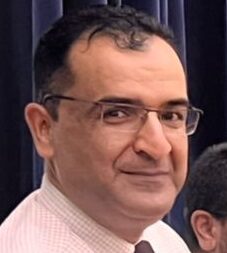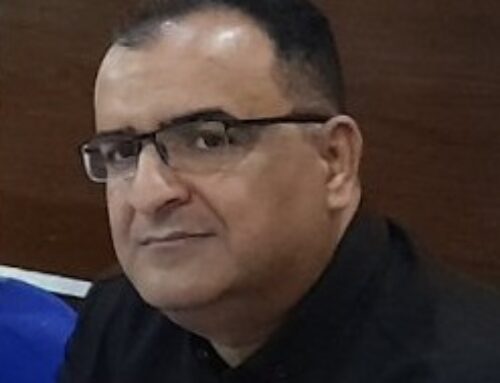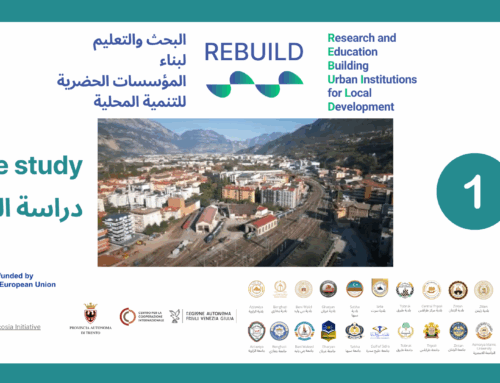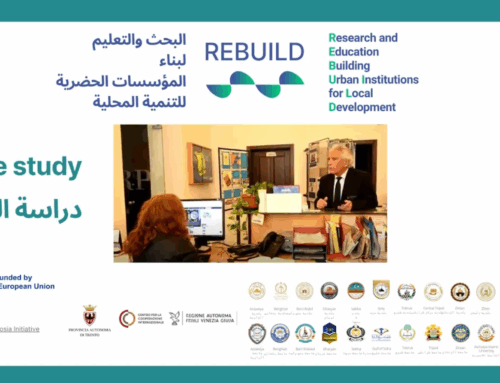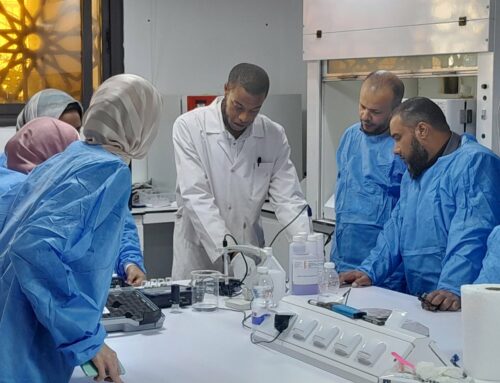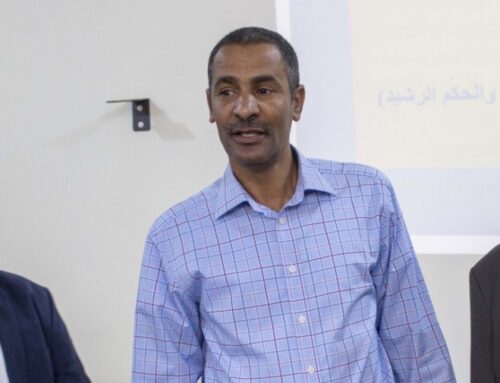Dr. Taha Muhammad Wali, Asmaria University, Project Officer in the REBUILD Project
What we witnessed of the devastating effects left by Hurricane Daniel on the cities of eastern Libya, specifically the impact of the Wadi Derna flood on the city, the role of rescue teams and crisis committees, and the official authorities’ handling of the terrible scale of the disaster that exceeded local capacities and capabilities. It makes us think about how to plan in the future for emergency developments witnessed by the world and Libya in general and municipalities in particular in the field of dealing with disasters and crises, especially natural ones.
Libya: Although there are some laws and regulations concerned with dealing with emergencies and crises, especially in the field of local administration, on the ground they lack mechanisms and practical steps to implement them and develop some of them.
Therefore, the first of these steps that must be taken in the future to deal with natural disasters is to develop a response plan for disasters with multiple hazards (with the addition of new risks resulting from climate change, the growth of informal cities, etc.) in the municipality, and within the framework of the general plan of the state.
The second is to establish permanent centres for emergency operations in municipalities, under the supervision of the mayor of the municipality, and equipped with human and material capabilities.
Third, establishing a special committee for natural disasters with a new structure in the municipalities, linked to the emergency operations centres in the municipalities.
Fourth, post-disaster reconstruction is based on urban geographic planning that takes into account disaster risk reduction.
Fifth, developing disaster management training programs to train employees, volunteers, and non-governmental organisations, with the need to set annual dates for training on disaster scenarios in the absence of a real emergency; The most important training programs are: – Simulation experience based on scenarios designed to demonstrate and evaluate the organisation’s ability to respond to emergencies, as well as training on how to plan for emergencies and disasters (numbers, analysis, plan development, implementation, review), as well as training on basic disaster response skills, such as fire safety, and searching for… Light, rescue, team organisation, medical and disaster relief operations.

